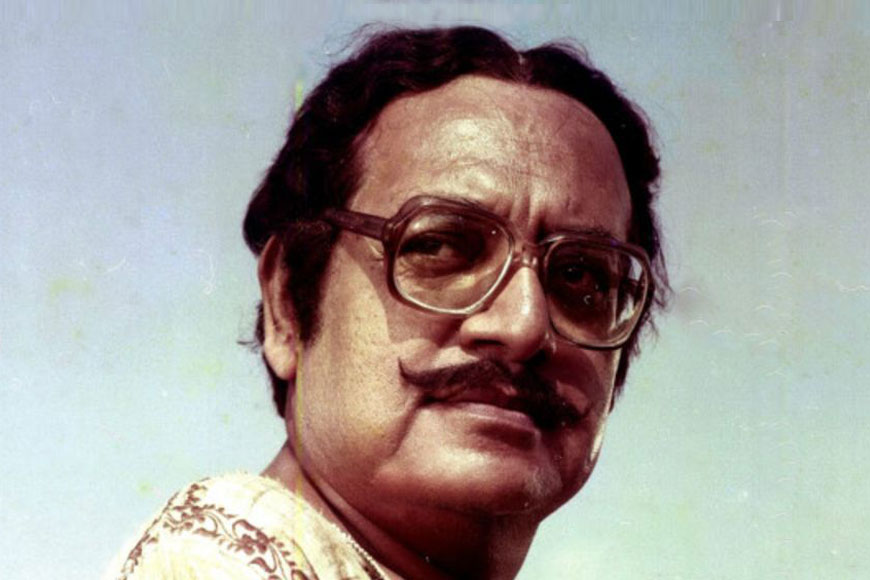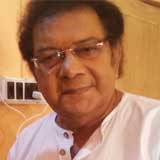Utpal Dutt used theatre as a voice of dissent against political parties

For Utpal Dutt, theatre and political ideology were like two sides of the same coin. He strongly believed theatre was a weapon of political propaganda and relentlessly tried to reach out this popular medium of dissent to a larger section of the audience in a country like India, where majority of people are illiterate, but can relate easily to a visual medium. To Utpal Dutt, theatre acted as a bridge between the common mass and the dramatists like him. Intellectualising theatre was utter waste of time according to him.
Dutt started his theatre career with English Theatre and staged Shakespeare’s Richard III, playing the role of the king. Well-known stage personality, Geoffrey Kendal watched his performance and immediately hired him. Dutt joined Kendal’s theatre group Shakespeareana and extensively travelled with him. After Kendal left India, there was a paradigm shift in his theatre career. He renamed the group as Little Theatre Group and over the next 3 years continued to perform and produce plays by Ibsen, Shaw, Tagore and Gorky.
He formed Gana Natya Sangha and started taking his theatre to rural Bengal too. All his plays since then were based on socio- political issues that either highlighted the miserable plight of the victims who were economically and socially exploited or were anti-establishment. Like the play Angar depicted exploitation of coal miners. Manusher Adhikaray was a social comment on racial crisis. He had always held: ‘Revolutionary theatre is essentially people’s theatre, which means it must be played before the masses.’ He staged several street theatres, poster dramas and used theatre as a tool to educate the masses, exposing the wrongdoings of the State.
Though Utpal Dutt followed the path of Brecht’s Epic Theatre, his version was essentially a nationalist theatre with intrinsic socialist agenda. For his views he was arrested and jailed by the then Congress Government. But that could not deter him. He wrote Dushawpner Nagari, a satire based on the then Government of West Bengal and then Janatar Afim, showing religion as the opium of the masses. This play was based on Babri Masjid demolition. The greatest strength of his political dramas were wit and humour.
In Janatar Afim, a character complains to his friend and says: ‘Last night a Muslim dog bit me.’ His friend is curious and asks: ‘How do you know it was a Muslim dog?’ He replies: ‘The Dog had a small beard.’
Utpal Dutt’s strong political views which he successfully injected into his theatre made him A Complete Theatre Man, who believed that theatre should provoke widespread debate, confront the Government and must be critical of its misdeeds. For him theatre was a ‘Voice of Protest.’ He was attacked on stage for his play Barricade five times, for Dushawpner Nagari he was attacked in 1974 and actors were beaten up. Sets were burnt. Even the audience was beaten up. But Utpal Dutt fought against such terror and continued his rebellious theatre life till his last breath.
Even on the day he died, he was preparing notes for the rehearsal that was supposed to happen in the evening of that day. But Utpal Dutt could not attend the rehearsal as he left all of us forever. Today, we really miss Utpal Dutt. Had he been alive, I am sure he would have gifted the theatre lovers of Bengal, several satirical plays on chit fund scams, demonetization, intolerance, polarisation, CAA, NRC, Shaheen bagh etc. Wish God gave us a few more rare talents like Utpal Dutt. A genius who deserved proper evaluation.









